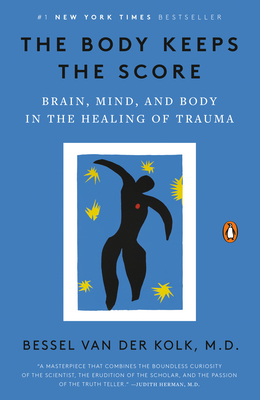Description
Some therapists are more effective than others, that much is clear; why they are more effective is less clear. This book identifies which characteristics make therapists more or less effective in their work and proposes guidelines to improve their effectiveness.
Editors Louis Castonguay and Clara Hill have gathered a panel of expert researchers and practitioners from diverse theoretical backgrounds to answer this complicated question. Synthesizing the rich literature on therapist effects in this comprehensive volume, they explore how various effects can help or hinder clients in therapy. They then propose practical strategies that mental health practitioners can use to improve their own effectiveness.
Castonguay, Hill, and their contributors first lay the empirical foundations for understanding therapist effects and why they are important. They also acknowledge the massive variability that exists among therapists and the complexities of studying therapist effects. Drawing from this fundamental knowledge, they then carefully examine specific therapist characteristics, attitudes, and skills that are relevant in any therapeutic setting. Topics include therapists' responsiveness, presence, attachment, and technical interventions; cultural factors; negative emotions; humor; and creativity. Exciting new studies about therapist effects in the treatment of specific disorders, including depression and generalized anxiety, are also presented. The closing chapters translate the book's general themes and takeaways into broader applications for research, intervention, training, and policy, including the role of routine outcome monitoring.
About the Author
Louis G. Castonguay, PhD, completed his doctorate in Clinical Psychology at S.U.N.Y. Stony Brook, a clinical internship at U.C. Berkeley, and a Post-doctorate at Stanford University. He is currently a Professor at the Department of Psychology at Penn State University. With more than 180 publications (including eight co-edited books), his scholarly work and research focus on different aspects of the process of change and training, especially within the context of psychotherapy integration of psychotherapy. He is also involved in the investigation of the efficacy of new integrative treatments for generalized anxiety disorder and depression, and the development of Practice Research Networks aimed at facilitating the collaboration between clinicians and researchers. He has received several awards, including the Early Career Contribution Award from the Society of Psychotherapy Research, and the David Shakow Award from the Division of Clinical Psychology of the American Psychological Association (APA). He has also received four recognitions from the APA Division of Psychotherapy: the Jack D. Krasner Memorial Award, the Distinguished Contributions to Teaching and Mentoring, the Distinguished Research Publications Award, and the Distinguished Psychologist Award for his life time contributions to the field of psychotherapy. He also served as President of the North American Society for Psychotherapy Research, as well as the International Society for Psychotherapy Research. Clara E. Hill, PhD, completed her doctorate in Counseling Psychology at Southern Illinois University and a clinical internship at University of Florida. She is currently a Professor in the Department of Psychology at the University of Maryland. With 12 books, 74 book chapters, and 215 journal articles, her scholarly work and research focus on psychotherapy process, therapist interventions, therapist training, dream work, meaning in life, and qualitative research methods. She has received several awards, including the Leona Tyler Award from Division 17 of the American Psychological Association, the Distinguished Psychologist Award from Division 29 of the American Psychological Association, the Outstanding Lifetime Achievement Award from the Section of Counseling and Psychotherapy Process and Outcome Research of the Society for Counseling Psychology, and the Distinguished Research Career Award, Society for Psychotherapy Research. She served as the Editor of the Journal of Counseling Psychology and Psychotherapy Research, and also served as the President of the North American Society for Psychotherapy Research, as well as the International Society for Psychotherapy Research.














